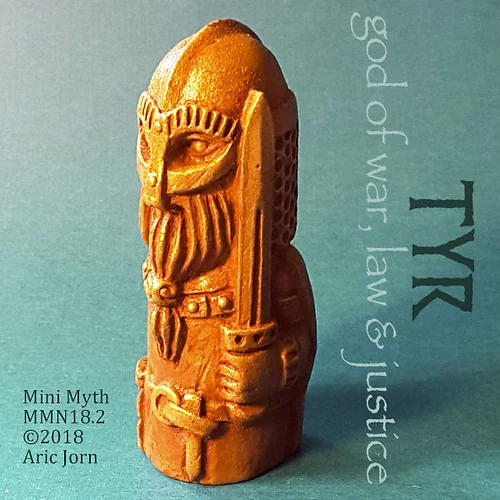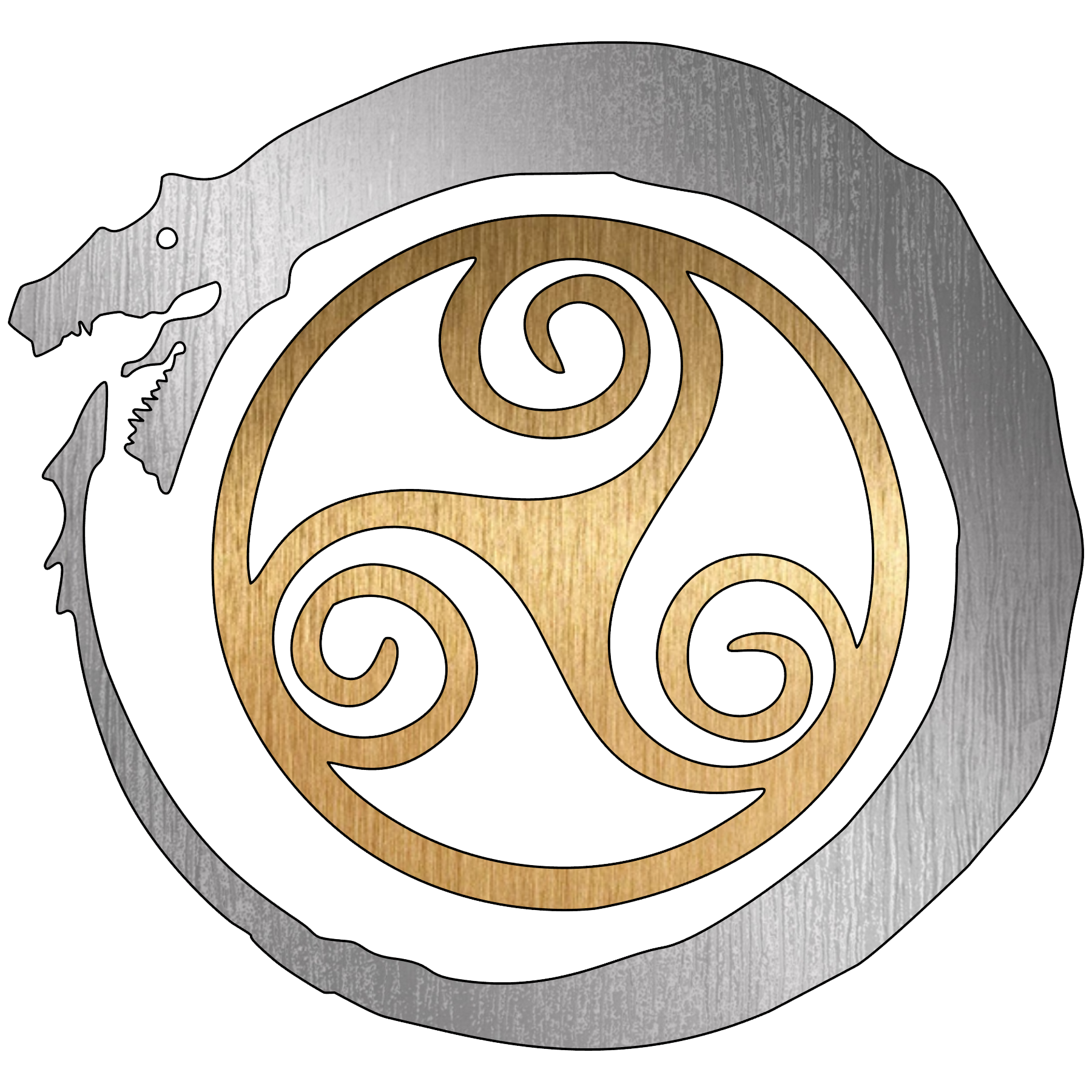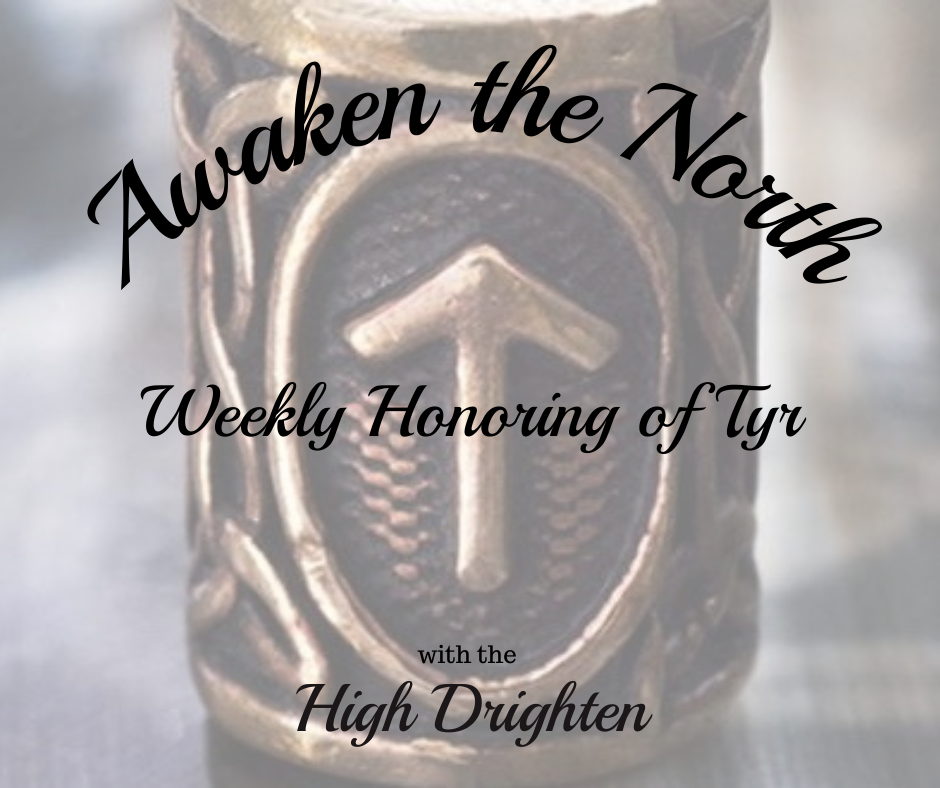As I discussed last week, Tyr’s role as the keeper of justice may have been diminished by the loss of his hand. This could also be an allegory to show the loss of power Tyr experienced. There is evidence that Tyr was a much more prominent deity prior to the Viking era, maybe even the chief god among the Germanic people. While no one is sure of why or how Odin rose to become the most powerful. By losing his sword hand, Tyr’s ability to be the keeper of justice is diminished – as we discussed last week. Without the ability to enforce the grith Tyr could not be the bringer or keeper of justice.
Maybe I should define what I mean when I use the word justice. According to the Webster-Meriam dictionary, justice is “the maintenance or administration of what is just, especially by the impartial adjustment of conflicting claims or the assignment of merited rewards or punishments”. By this definition, we can see that there is an element of punishment within what justice entails. So, without his sword hand, Tyr would be diminished in that aspect.
Tyr’s name comes from the Proto-Germanic Tiwaz. Tiwaz is rooted in Dyeus (Proto Indo-European) – meaning god or deity. Tyr’s name literally means god! Why would the ancestors call one of their deities by their word for god if that god was not an important one? They would not have. This tells us that at some time Tyr was a major – maybe even chief – deity among the Proto-Indo-European people. Tyr was a big deal. So why are there only really a couple of mentions of him in the lore? Because the newest memories at the time of the writings told of Odin being the All-Father and Tyr being a somewhat lesser deity.
We can look at a couple of things that give us some clue that the story of Tyr’s sacrifice is also the allegation of his reduction is prominence and power in the pantheon. First, we look at the conflicting stories of who Tyr’s father is. Snorri tells us that Tyr is Odin’s son. He uses the kenning “Odin’s son” to describe Tyr. Yet we also have the Lay Hymir (Hymiskviða) which tells us that Tyr is the son of the giant Hymir. My opinion, my UPG here, is that as Tyr diminished in power (or the Aesir become more powerful) it became said that Tyr is the son of Odin to show Odin’s dominance over Tyr.
The other place to look to see his diminishment in power is through the telling of Ragnarök. Tyr is the only deity strong enough and brave enough to not only give his hand to Fenrir, but Tyr is also the only one who would feed and try to build frith with Fenrir among the gods and goddesses. Yet when Ragnarök happens Tyr faces a lesser know (and presumably less formidable) Garm who has almost no mentions in the lore. Perhaps by giving his hand to Fenrir we see that Tyr is no longer strong enough to face Fenrir.
This, in my opinion, presents us with the evidence that Tyr represents doing the right thing and serving the greater good which is both aspects of justice. However, Tyr is not as capable of enforcing the full weight of justice. Does this mean that we should not invoke him when we are seeking justice? Of course, this is something you will need to answer for yourself as it best fits your practices. For myself, it would depend on what I am seeking. I will continue to look to Tyr in my daily life to help me do the right thing and to act in the best interest of eh greater good more often than not. However, I will not likely seek Tyr when I seek justice that would involve any type of punishment. There is probably a better deity for that in my opinion.



No Responses